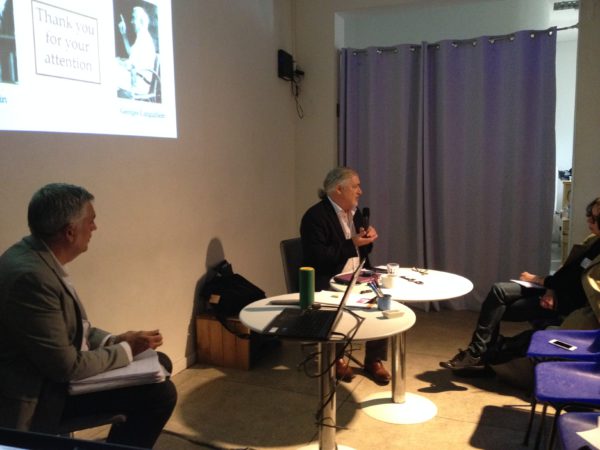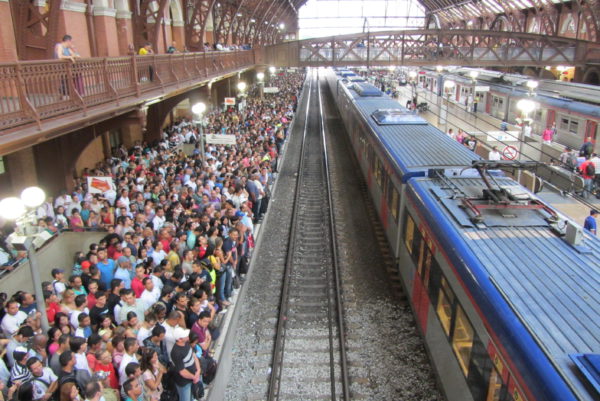Metropolitan health in unequal cities
Dr Andreza Aruska de Souza Santos

It could have been just another summer, but in 2012 I felt the inconvenient symptoms of dust allergy accompanied by a skin rash. After a medical consultation the doctor quickly pointed out the cure: “you should leave São Paulo – to live a healthy life here you need long breaks. Go to the seaside or to the countryside and have some time off; your breathing system and skin will improve”. After this unusual prescription, I walked home and counted in a short 5 minute-walk at least four pharmacies, all of them very busy, and wondered if it was indeed the case that the city really made people sick. If so, would a break really help? Speaking to a friend about my experience, she immediately supported the doctor’s advice and said I needed to leave the city very often – and that people who don’t do so are diminishing their life expectancy.

There certainly are aspects of health which can deteriorate when living in urban metropolises such as São Paulo, and we all feel the impact of air, sound, and water pollution over long periods of time on our well-being. And yet, at the same time, how do we measure these aspects in relation to other coping mechanisms such as physical barriers to protect us from noise, dust and fumes? There are also non-physical barriers, such as interaction with family, friends, access to medical care, and feelings of safety and belonging, that impact on one’s perception of wellbeing and resilience in the city.
For these reasons and many other examples each of us can think of within a few minutes of reflection, analysing the ways in which our urban environment affect our wellbeing are far from easy and yet at the same time very necessary, to direct policies focused on improving the health of city dwellers and creating healthy spaces. There is a complex entanglement of what we consider a good life, which is shaped by our knowledges of cities around the world, and the realities we experience here and now.

Thinking about the ways the built environment can impact our perceptions and experiences about urban wellbeing, we decided to create a workshop to bring together researchers working on mental health and public health. Discussions encompassed violence, gendered cities, stress, mobility, sanitation, and the nexus between food, energy, and water, all impacting the making of a good city and what we consider a good life in the city. Discussions focussed not only on Brazil but also South Africa, the UK and China, comparing results and research methods. The results of the workshop, which took place in Rio de Janeiro between 22 and 24 November 2017, will be shared in the form of newspaper articles, academic texts and a book. The full programme of this event can be found here.